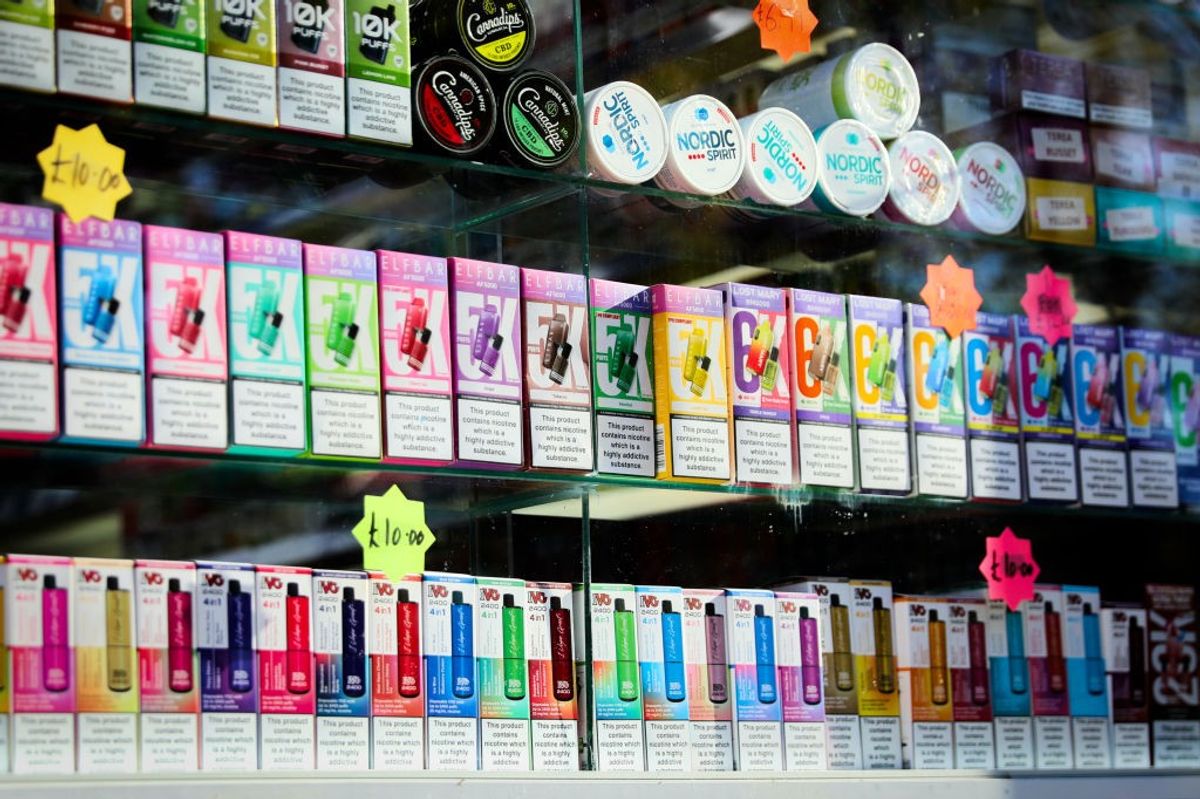Key Summary
The World Health Organization (WHO) has raised concerns that aggressive marketing of vapes and other nicotine products is undermining hard-won progress in global tobacco control efforts, calling for on-pack warning labels and information campaigns.
Speaking at the World Conference on Tobacco Control in Dublin, WHO officials warned that public health campaigns, quit support measures, and tobacco taxation policies are stalling worldwide—particularly putting young people at risk.
The agency urged countries to consider extending graphic health warnings, already mandatory on cigarette packs, to include e-cigarettes, heated tobacco products, and nicotine pouches.
Despite WHO’s longstanding recommendation for a 75% tax rate on cigarettes, tobacco affordability has increased in 42 countries over the past decade, including 23 low- and middle-income nations. Only 46 countries have made cigarettes less affordable in the same period.
Regulation of vapes is growing globally, with 133 countries now enforcing some form of control, up from just eight in 2007. However, 62 countries still have no regulations in place. Nearly 90% of high-income nations have implemented bans or restrictions on vape sales, compared to 66% of middle-income and just 27% of low-income countries.
WHO added that nicotine pouches and heated tobacco products, as well as vapes, are “aggressively marketed in ways that undermine hard-won public health gains”.
Dr Rüdiger Krech, the WHO’s director of health promotion, said that it was “hugely important to regulate these new products, because they are attracting children and young people to actually use nicotine, and that’s with the addiction that it brings".
WHO's statement comes as UK banned sale of disposable vapes this month. The move was driven by rise in electronic waste and spike in vaping by teens and young adults,


